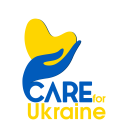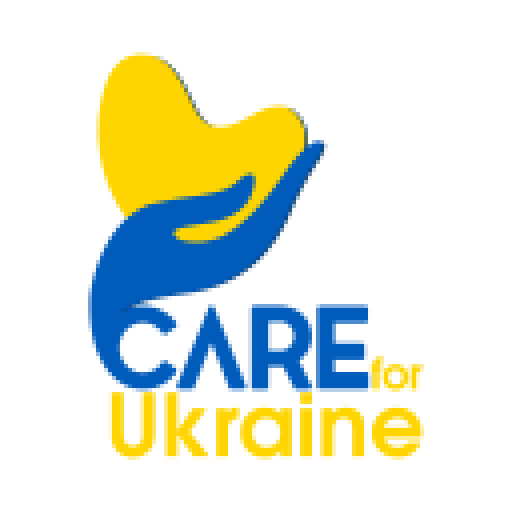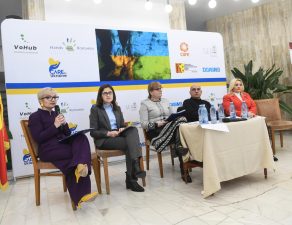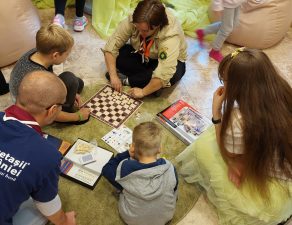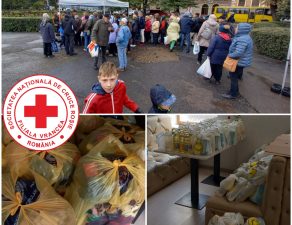
ANAIS provides a trust space where Ukrainian women can get information about their rights and abuse prevention
The risks faced by Ukrainian women are mainly related to abuse and exploitation, not only by their partners, but also by potential employers, by people who offer to help them and make their support conditional on photos and videos of them or their children, which they then use for their own benefit, by some landlords who let them rent accommodation in exchange for abusive guarantees or fail to transfer money for food to them.
Since early spring, the Anais Association has handled several cases of violence against women and has also referred them to other relevant institutions and organizations because, unfortunately, the war in Ukraine has also resulted in a surge of violence against women crossing the border accompanied only by children and are vulnerable to danger. But the women travelling with their partners can also face domestic violence.
To prevent violence, it is important for victims to be aware of their rights and to be informed about the available mechanisms for legal, social and psychological assistance, adapted to each individual case.
Mihaela Mangu-Darvariu, Managing Director of the Anais Association, says that their main objective in supporting war-affected people has been to build a safe trust-based space. “When we started this activity in April, many women were reluctant,” explains Mihaela. “They said a lot of people come to them and ask them to tell their story, take pictures of them, ask what their needs are, and then are never seen again. We got tired of telling our stories, they explained.”
That is why the Anais team is very concerned about the privacy and image of the people they provide support to. “We remind them of our place. We explain that our main area is related to gender-based and sexual violence. We tell them that we want to be there for them and we are, even if they sometimes tell us there is no violence for Ukrainian women. We also occasionally bring in policemen, so they can see the uniform and get used to it, so they know that 112 is the number they can dial. We are there and gradually trust is being built and they come forward when they hear about a case or another or if it happens to them.“
Over the past few months, Anais has identified multiple cases of violence, two of them resulted in protection orders being issued against the perpetrators, in another one there were reports of suspected human trafficking for begging, violence against children. There was even a case of a mother with three children who chose to flee her abuser back to Ukraine.
Unfortunately, some women have also faced harassment from neighbors in the form of verbal abuse, humiliation or even being hit. Therefore, professionals assisting refugees need to understand their fears and caution in matters related to finding housing. They may be people who have already experienced abuse or heard the stories of others who have.
In addition, explains Mihaela Mangu, “we have also worked with refugees from Syria, Iraq and Afghanistan. They were victims of domestic violence, had run away from their partners and were some distance in time away from the conflict. For them home no longer exists. But the big difference was that these women didn’t want to go back there. For the Ukrainian women the hope of returning home is extremely powerful, consequently their cases and their reactions to violence are different.”
Adolescent girls from Ukraine may also be vulnerable to street harassment or human trafficking, so it is particularly important that they and their mothers are informed about their rights and the institutions where they can report such cases. “Unfortunately, we still don’t have an integrated framework of action“, says Mihaela Mangu. “Refugee support falls heavily on the shoulders of NGOs, and beneficiaries often don’t know who does what and what expertise they have and who to turn to with a specific problem. They learn from us about other organizations and other specialist services to which we refer them. There is still a gap in terms of coordination and clarity, even though we believe Romania’s response has stabilized.”
“From the start we have tried to be present in the centers in Bucharest-Ilfov on a weekly basis. It’s important to have a consistent presence“, says Mihaela “We also organize information sessions on women’s rights, art therapy sessions, activities with children, legal advice. But mostly we are there to listen, to ask what they need, to build a relationship so that they know they can tell us anything and have the information and confidence to report instances of violence, exploitation or harassment they have been exposed to or witnessed.”
Anais Association is one of the organizations that are part of Care for Ukraine Project, funded by CARE through SERA Romania Foundation, CARE France and FONPC.
